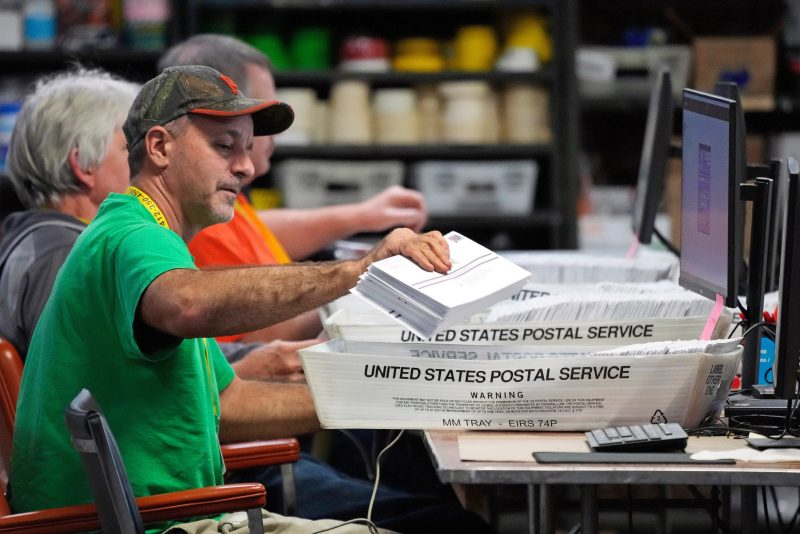Republicans Face Backlash for Lawsuits Targeting Overseas and Military Voting
The ability for members of the military and Americans residing overseas to cast their votes in U.S. elections has long been a cherished right, protecting their ability to participate in the democratic process wherever they may be. Recently, a series of lawsuits filed by Republicans in several key battleground states have sought to restrict or invalidate these votes, sparking significant backlash and raising questions about voter suppression and unfair practices.
One of the main issues at the forefront of these lawsuits is the use of electronic ballots and the claim that they are vulnerable to hacking or interference, particularly when sent from abroad. While concerns about election security are valid and should be addressed, many argue that the proposed solutions, such as rejecting all electronic ballots from overseas voters, are overly broad and discriminatory. By placing unnecessary hurdles in front of military personnel and Americans living overseas, Republicans risk disenfranchising a significant portion of the electorate.
Furthermore, the timing of these lawsuits has raised suspicions about political motivations behind the effort to challenge overseas and military voting. With the upcoming election expected to be highly contentious and closely contested, targeting a group of voters who may be more likely to support the opposition could be seen as an attempt to gain an unfair advantage. The American public has grown increasingly wary of any attempts to manipulate election results, and these lawsuits only serve to fuel existing concerns.
In response to the backlash, some Republicans have defended their actions by citing the need for election integrity and ensuring that every vote is counted accurately. While these are indeed noble goals, the methods being employed to achieve them must be carefully scrutinized to ensure they do not infringe upon the rights of legitimate voters. Finding a balance between security and accessibility is key to maintaining a fair and transparent electoral process.
Ultimately, the backlash faced by Republicans for their lawsuits targeting overseas and military voting highlights the importance of upholding the rights of all eligible voters, regardless of their location or circumstances. Democracy thrives when every voice is heard, and efforts to suppress certain groups or manipulate the outcome of elections have no place in a just society. It is imperative that the integrity of the electoral process be upheld, while also safeguarding the rights of those who serve their country abroad or live overseas. Only by ensuring a fair and inclusive voting system can we truly uphold the principles of democracy and protect the rights of all citizens to participate in shaping the future of their country.
